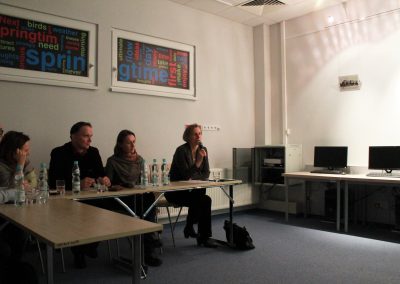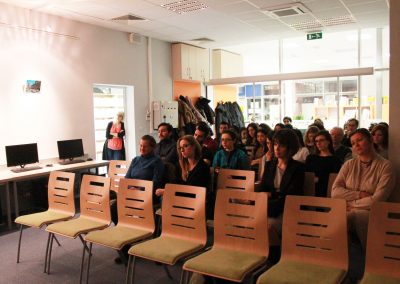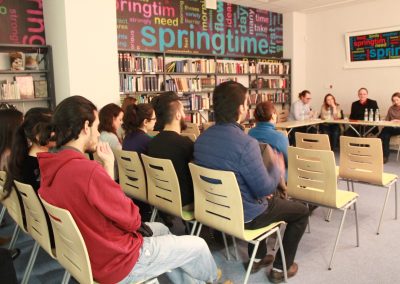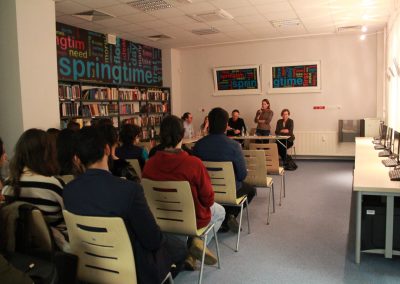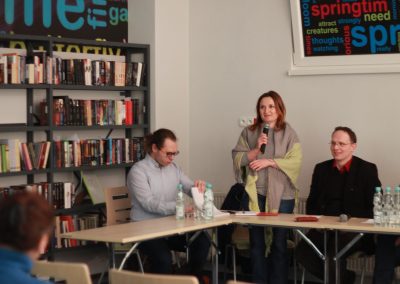On Wednesday we met in the Municipal Library Fil. 4 to participate in the debate entitled Gender ideology(ies): Man and woman – different by nature, inequal by society? We tried to find the answer to this question with our four guests: sociologists Borys Cymbrowski and Anna Czerner, philologist Katarzyna Molek-Kozakowska and biologist Elżbieta Pogoda.
We were aware that for most people the term gender is unfamiliar or even unfriendly, especially when someone is not a philologist or a social researcher, so we started with the basic questions: what gender is, how it exists in our respective fields of studies, and if there exists gender ideology. We can say that gender in general is about social consequences of being men, women or the others, because in the opinion of Elżbieta Pogoda even from a biological point of view there are more than only two sexes. And there is no evidence that one sex has an advantage over another.
In Polish media we encounter some false beliefs about the meaning of the word “gender”. But as Borys Cymbrowski mentioned it is a problem of confusion of nature with culture, because in the Polish language we have only one word (płeć) for gender and for sex. So some commentators confuse biological meaning with the cultural one. They accuse gender scholars of promoting a dangerous ideology which tries to convince people to choose their sex. As Anna Czerner said, the truth is that in the social sciences gender was a neutral category to analyse the relations between people in society, but unfortunately some institutions and politicians took one of the least popular topics in gender studies and used it as a basis to create and apply gender ideology as a political tool.
After that we focused mostly on language aspects within gender issues. Katarzyna Molek-Kozakowska indicated that for her it was easier to introduce herself in English than in Polish, because in Polish most names of academic professions have only a masculine gender, or even if it has a female gender, masculine forms sound more serious and more prestigious. But language is not a constant phenomenon – it is changing all the time. Twenty years ago we considered some female forms of words as strange, but today we take them for granted. We concluded that it is important to include more women-related forms to language, and it is one of the main catalysts of social changes in the public sphere.
We are really glad we could discuss it with you and with the citizens of Opole. We would like to thank you all for your presence and participation, and we hope to see you soon during another discussion. The aim of the whole debate was to clarify a little the problem of gender, but two hours is a short time when you are discussing such an important and complicated topic – so we treat this meeting only as a start. The debate is still open.
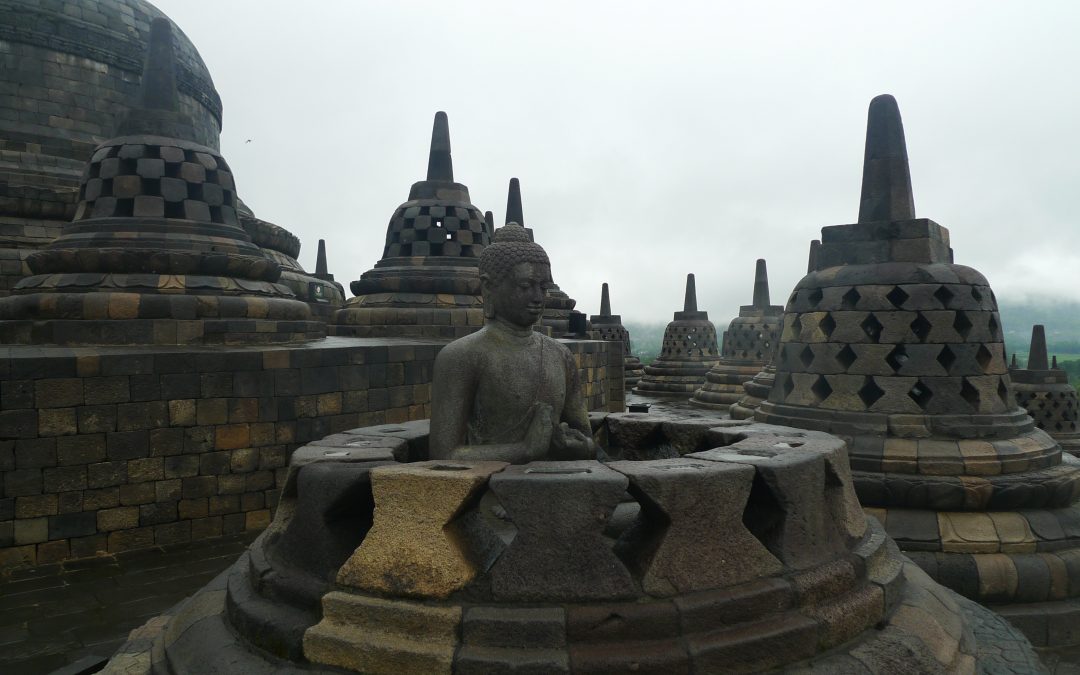
Scholarship to Study in Indonesia
If you are interested in Indonesian language, art and culture, you can apply for the scholarship offered by the Ministry of Education and Culture of Indonesia. It is available to all the countries having diplomatic relations with Indonesia and luckily Poland is one of...
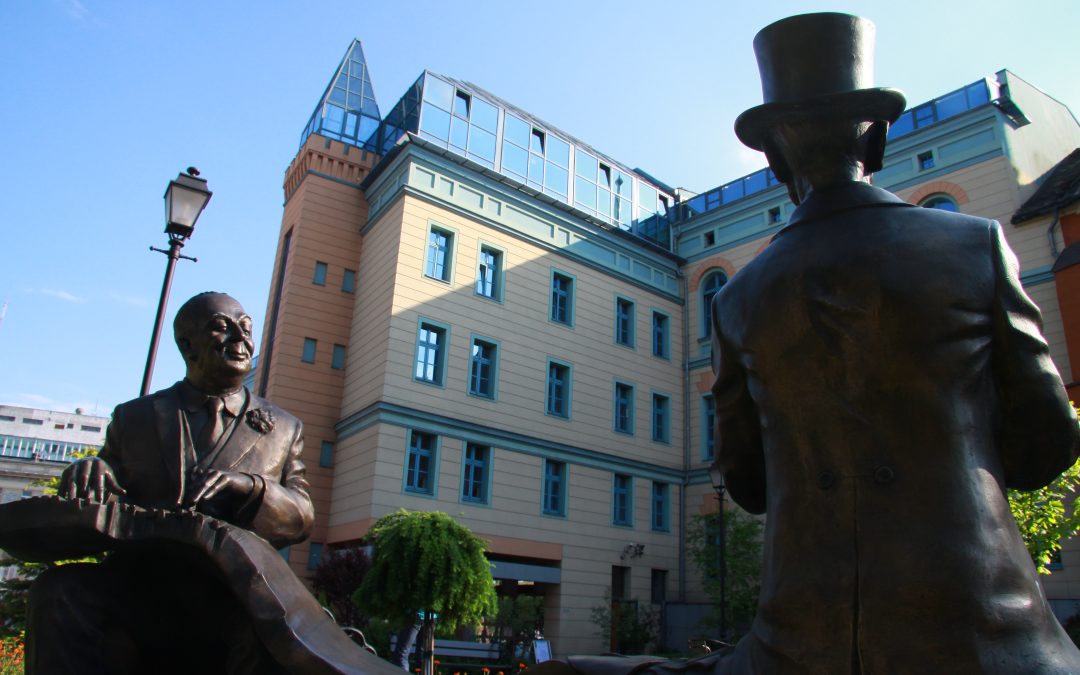
Lecture by John Radzilowski from the University of Alaska
Professor Marek Masnyk, Rector of the University of Opole and the U.S. Consulate General in Kraków have a pleasure to invite students and staff members to a lecture by the well-known historian, John Radzilowski, from the University of Alaska. The lecture - American...

Tłusty czwartek in Poland – beware of donuts!
Traditionally, as every year, we want to warn you of danger. No matter where you will go shopping today, your encounter with greasy delicacies is just unavoidable - nice looking donuts with rosy, cheese, pudding or chocolate stuffing or dry crispy cakes in a form of a...
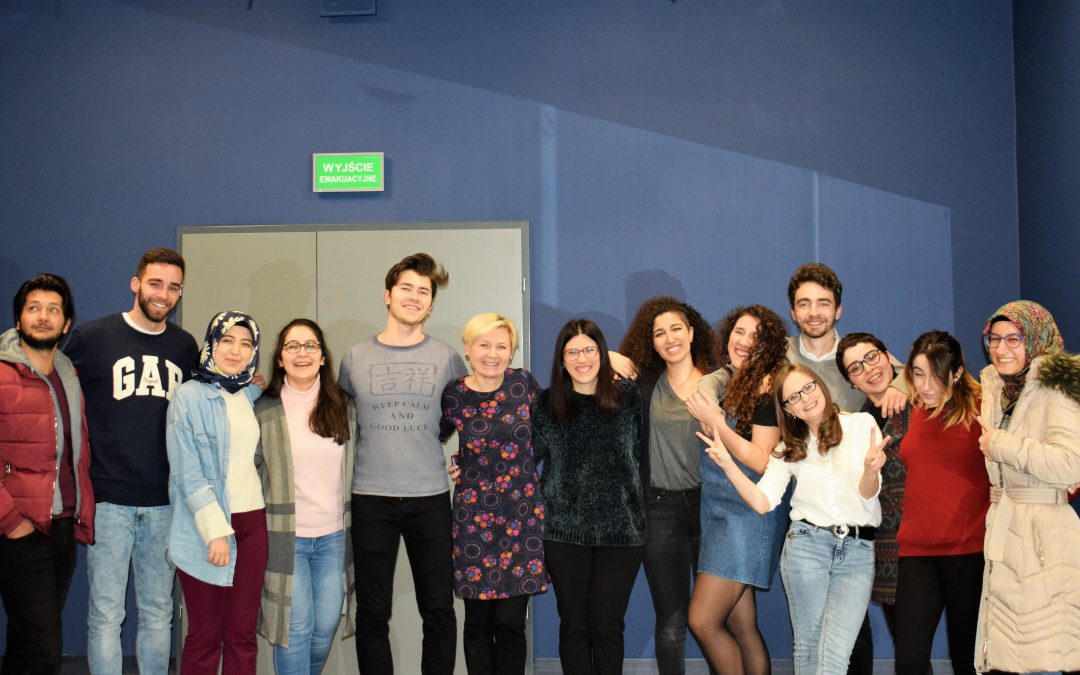
Erasmus students’ voices in Forum Theatre
A very special event took place on Tuesday evening, January 23rd 2018 in student club on the Opole University campus. The Erasmus students presented the result of their intercultural project – the short video gathering their experiences and the Forum Theatre...
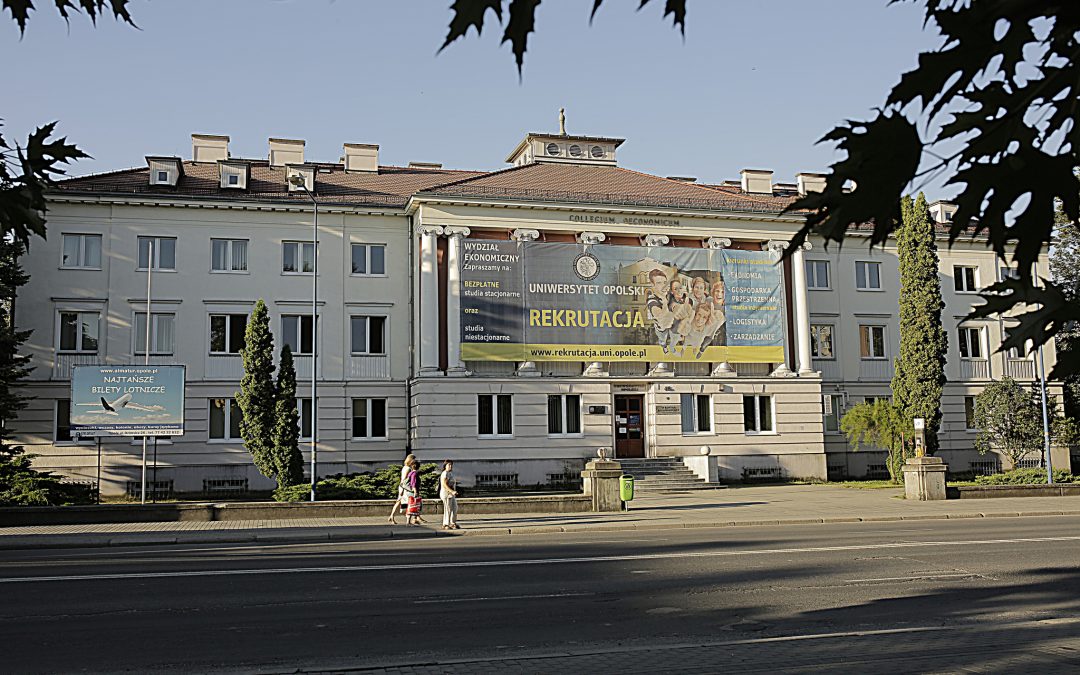
A guest lecture by Dauren Yersultanov from Kazakhstan
On January 22-26, 2018 The Faculty of Economics will host Mr Dauren Yersultanov, a researcher form KAZGUU University in Kazakhstan. Mr Yersultanov’s research focuses on urban and spatial planning. His stay here will include, among others, an open lecture entitled...
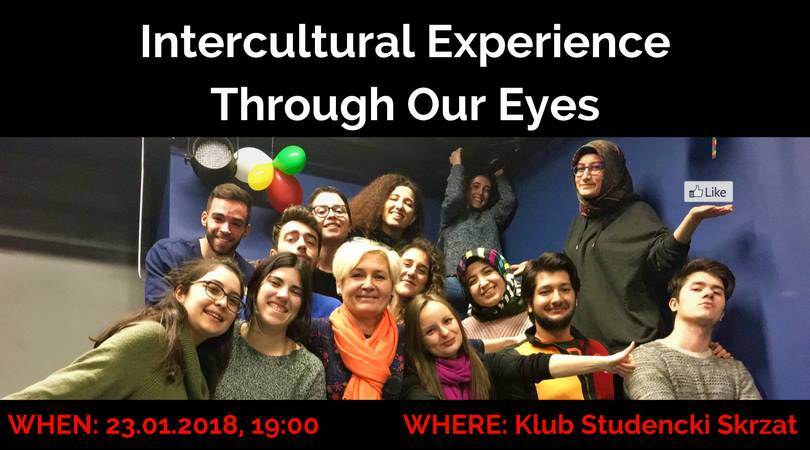
Intercultural experience through our eyes
Erasmus students studying „Intercultural Competences As The Key To Effective Communication In The Global World” course are presenting the project based on their own experiences in Poland. During the presentation, you will have the opportunity to see a short video and...

Introducing Cultures- Indonesia
What is the tastiest water in Indonesia? What is the first thing you need to learn when going to a restaurant? How to take shower in Indonesia? Is it easy or difficult to take a selfie with the locals? How to get ready for going to the beach? Ania Tomczak, our Europa...
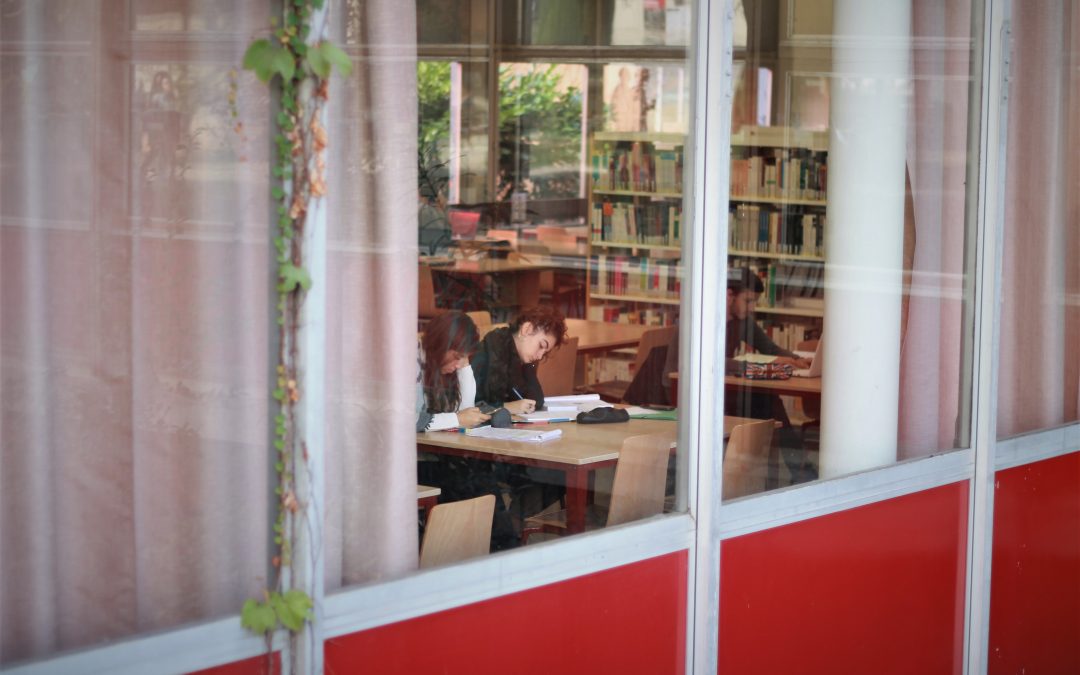
What happens if you fail (message to regular students)
Dear Students, Very soon the exam session will start - a little bit stressful period, right? Most probably, but hopefully not, some of us will have difficulties passing the exams and face the risk of failing the semester. If you find yourself in such a situation,...
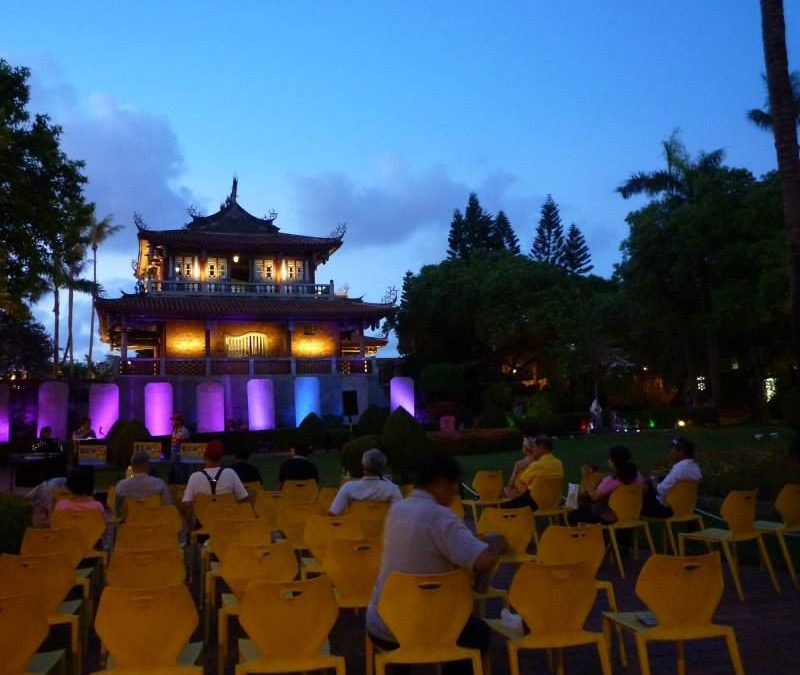
Scholarship from the Ministry of Education in Taiwan
The Ministry of Education in Taiwan prepared the Huayu Enrichment Scholarship (HES) for the Mandarin Chinese language course in Taiwan. Students who would like to apply for the programme have to submit all the required documents by post, to the Department of Education...
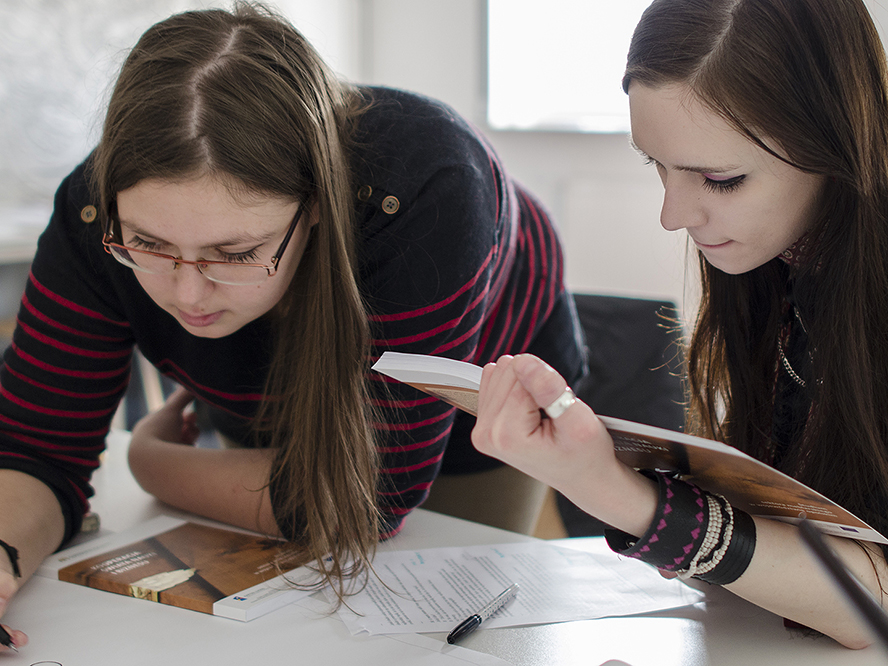
International Seminar in Nysa
The University of Applied Sciences in Nysa, would like to invite you all to International Scientific Seminar on Language and Internationalization Issues in Higher Education. The seminar will take place in two blocks, on April, 19, and May, 24. Application fee is 15...
